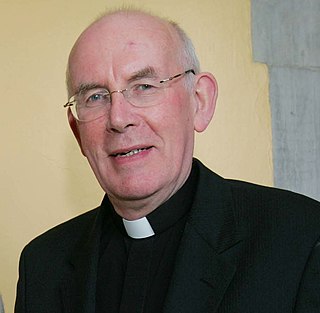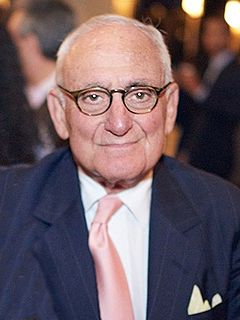A Quote by Sean Brady
There is always tension between the possibilities we aspire to and our wounded memories and past mistakes.
Related Quotes
People always say it's harder to heal a wounded heart than a wounded body. Bullshit. It's exactly the opposite—a wounded body takes much longer to heal. A wounded heart is nothing but ashes of memories. But the body is everything. The body is blood and veins and cells and nerves. A wounded body is when, after leaving a man you’ve lived with for three years, you curl up on your side of the bed as if there’s still somebody beside you. That is a wounded body: a body that feels connected to someone who is no longer there.
The past exists only in our memories, the future only in our plans. The present is our only reality. The tree that you are aware of intellectually, because of that small time lag, is always in the past and therefore is always unreal. Any intellectually conceived object is always in the past and therefore unreal. Reality is always the moment of vision before the intellectualization takes place. There is no other reality.
There's always a tension between those who would like to garner wealth, and they contribute a lot to society. There's also those who say, 'I believe in the common good. I want that to be enlarged.' They contribute a lot to society. The tension, the debate, between these two views is extremely important to our progress.
We comfort ourselves by reliving memories of protection. Something closed must retain our memories, while leaving them their original value as images. Memories of the outside world will never have the same tonality as those of home and, by recalling these memories, we add to our store of dreams; we are never real historians, but always near poets, and our emotion is perhaps nothing but an expression of a poetry that was lost.
Tension means hurry, fear, doubt. Tension means a constant effort to protect, to be secure, to be safe. Tension means preparing for the tomorrow now, or for the afterlife - afraid tomorrow you will not be able to face the reality, so be prepared. Tension means the past that you have not lived really but only somehow bypassed; it hangs, it is a hangover, it surrounds you.
Literature gives us models of living human beings who may not agree with us and even be our enemies. D. H. Lawrence said that the purpose of literature was to expand our sympathies. To be a human being is to be in a state of tension between your appetites and your dreams, and the social realities around you and your obligations to your fellow man. And this conflict cannot be easily reconciled. The tension is always there as a kind of a pain in the human condition.





































